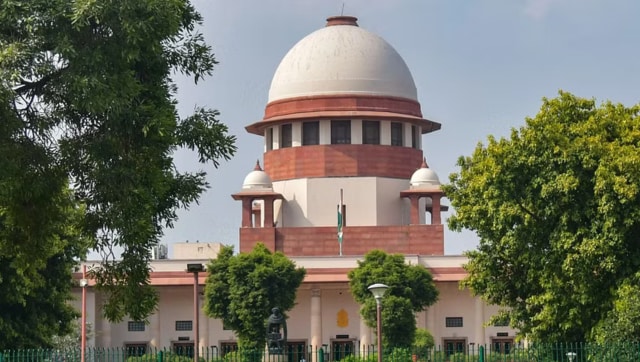PFI moves Delhi High Court against ban, challenges UAPA Tribunal verdict

The Popular Front of India (PFI) and its affiliates, including Rehab India Foundation (RIF), Campus Front of India (CFI), All India Imams Council (AIIC), National Confederation of Human Rights Organisation (NCHRO), National Women’s Front, Junior Front, Empower India Foundation, and Rehab Foundation, Kerala, have so far been deemed a “unlawful association” under the provisions of the Unlawful Activities (Prevention) Act, 1967 by the Ministry of Home Affairs Image Courtesy PTI
On Friday, the Delhi High Court received a challenge from the Popular Front of India, contesting the Unlawful Activities (Prevention) Act (UAPA) Tribunal’s ruling that upheld the Center’s decision to prohibit the organisation and its affiliates.
The bench of Justice Manmohan and Justice Mini Pushkarna requested the PFI counsel modify its petition and reschedule the matter for January 8 at the hearing on Friday.
“What is the jurisdiction we will exercise? The jurisdiction that we exercise is of article 226 or article 227 but not the appellate jurisdiction. The grounds were like an appellate court ground. We are not an appellate court. You’ll have to amend the plea & bring it within the contours of 226 or 227,” the bench said.
Justice Dinesh Kumar Sharma rendered the decision in this regard earlier in March. The Tribunal sent the judgement to the Ministry of Home Affairs (MHA) after passing it.
The PFI organization’s claims that the government is specifically targeting a certain community were rejected by the tribunal. According to an attorney associated with the case, the Tribunal observed in its ruling that PFI members and its affiliates were engaging in secessionist practices that were against the nation’s social cohesion.
The ruling in this regard was handed down earlier in March by Justice Dinesh Kumar Sharma. After passing the decision, the Tribunal forwarded it to the Ministry of Home Affairs (MHA).
The tribunal dismissed the PFI organization’s allegations that the government is singled out for maltreatment inside a certain community. An attorney involved in the case claims that the Tribunal noted in its decision that the secessionist activities of PFI members and its affiliates were detrimental to the social cohesiveness of the country.
The attorneys involved in the lawsuit claim that the central government had screened two films that justified the acts of the terror group and its members, in addition to questioning and presenting one hundred witnesses to justify the terror group’s ban.
According to the case’s related attorneys, the Central government had examined and presented 100 witnesses in order to support the terror group’s ban, and it had also exhibited two movies that defended the organization’s and its members’ actions.
The Popular Front of India (PFI) and its affiliates, including Rehab India Foundation (RIF), Campus Front of India (CFI), All India Imams Council (AIIC), National Confederation of Human Rights Organisation (NCHRO), National Women’s Front, Junior Front, Empower India Foundation, and Rehab Foundation, Kerala, have so far been deemed a “unlawful association” under the provisions of the Unlawful Activities (Prevention) Act, 1967 by the Ministry of Home Affairs, which felt it necessary to curtail the organization’s nefarious activities.
(With agency inputs)





